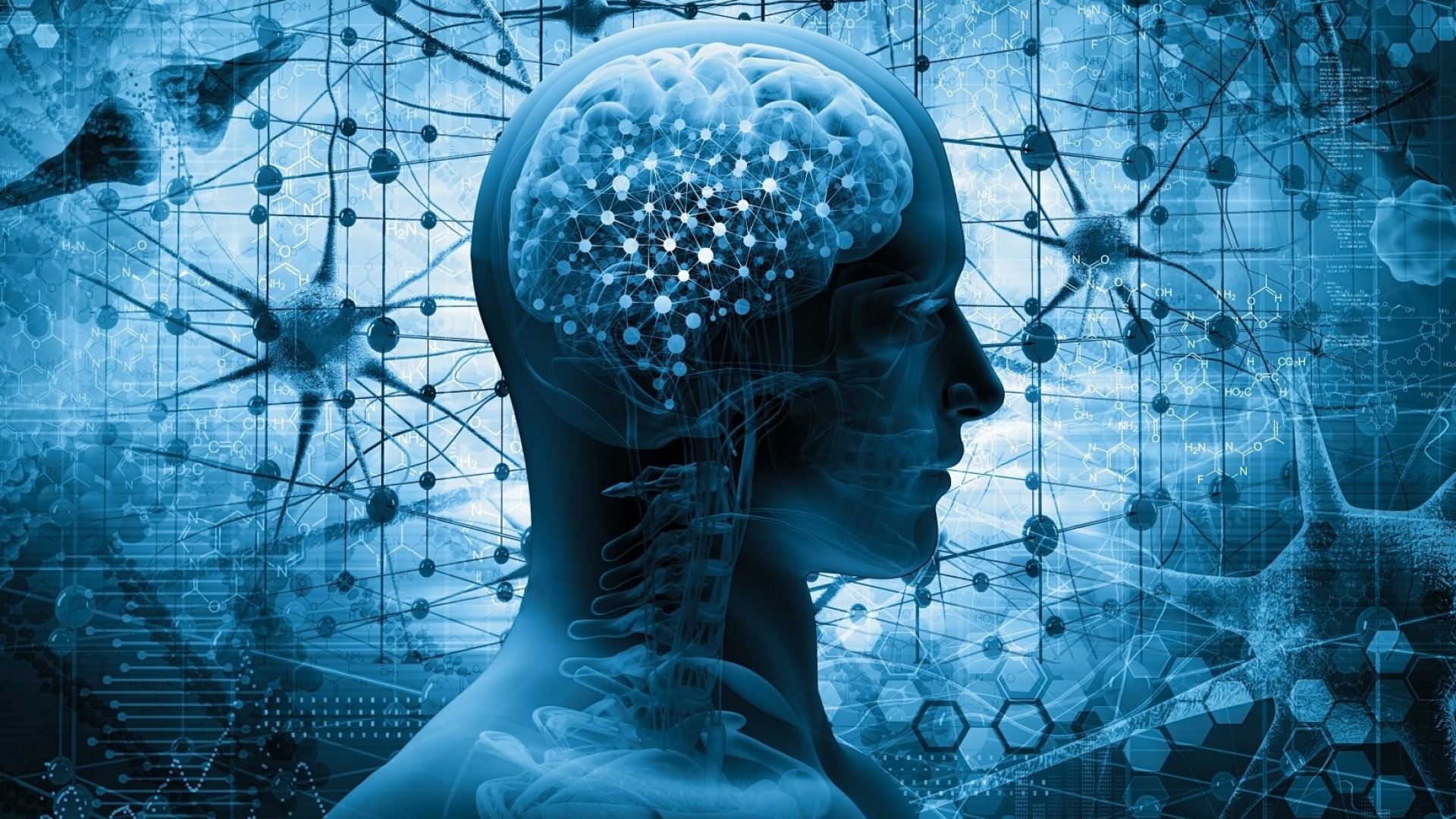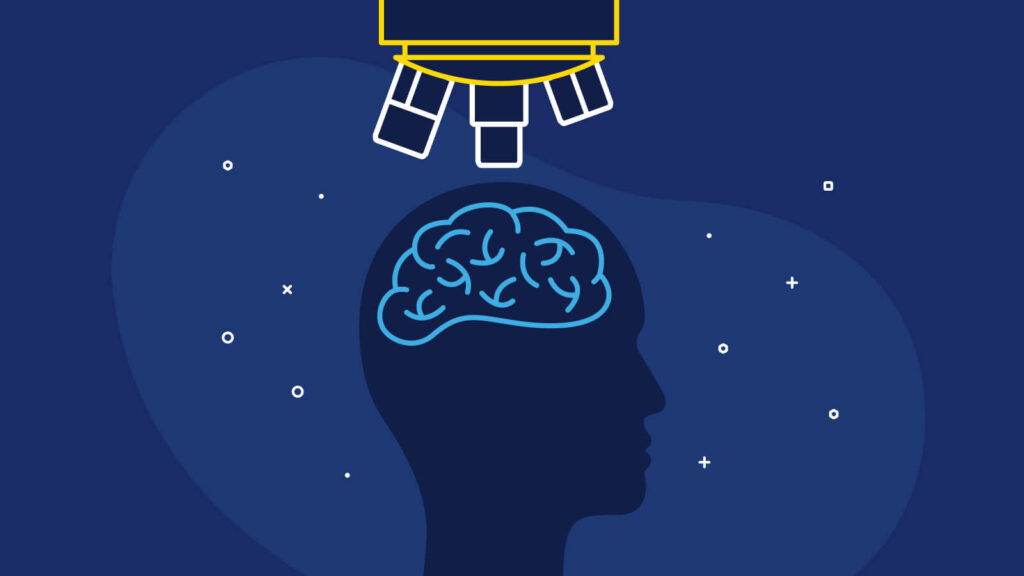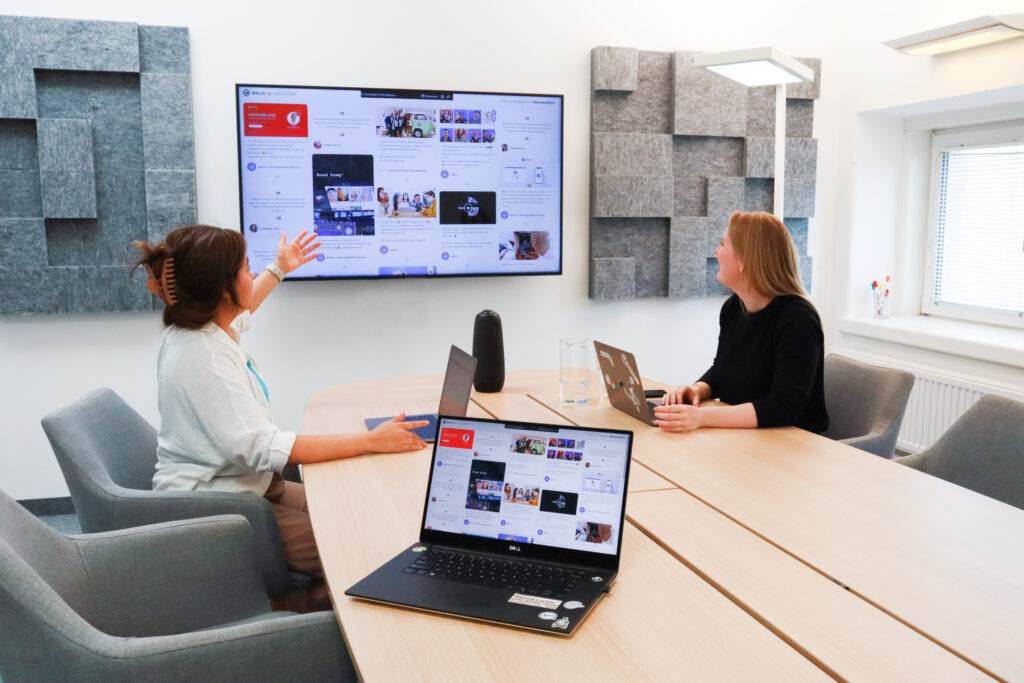
In the relentless race of personal and professional development, the ability to learn efficiently sits at the pedestal of success. From aspiring students to ambitious professionals, the challenge remains universal: How can one learn faster and retain that knowledge longer? If you’ve ever wished to upgrade your learning prowess, you’re at the right spot. This post unveils proven strategies to refine your studying mechanism.
Table of Contents
The Science of Learning

Source: www.wiley.com
The human brain, a magnificent organ, processes learning through cognitive pathways of encoding, storage, and retrieval of information. Imagine your brain as a vast library. Encoding acts as the process of writing books, storage as shelving them, and retrieval as finding them again. A pivotal concept here is the Ebbinghaus forgetting curve, which suggests we lose memory of learned information over time unless we actively review it. However, the spacing effect—spacing out studying over intervals—can combat this forgetting, enhancing our retention ability.
Set the Right Mindset for Learning
Mindset isn’t just a buzzword—it’s the backbone of effective learning. Embracing a growth mindset, where one believes abilities can be developed through dedication and effort, has proven to bolster studying outcomes. How do you cultivate this? Start by seeing challenges as opportunities, not obstacles. View failures as feedback, and remain in perpetual pursuit of knowledge, seeking every chance to grow. Quiz yourself with Gizmo or simply interchanged questions and answers with a study fiend.
Active Learning Techniques

Source: i0.wp.com
Switch your learning gear from passive to active. Instead of just reading or listening, involve yourself in the studying process. Summarization, for instance, pushes you to condense what you’ve understood. Self-explanation involves elaborating topics in your own words. Ever heard of the “teaching effect?” When you teach someone, your grasp of the subject deepens. Next time you learn something new, try explaining it to a friend!
Effective Study Habits
Setting the right mood and environment is paramount. A clutter-free, quiet space can amplify focus. Techniques like the Pomodoro—25 minutes of undistracted study followed by a 5-minute break—can work wonders. Prioritize tasks, manage your time, and stay organized. Remember, consistency trumps cramming; regular short sessions are more fruitful than marathon ones.
Leveraging Visual Aids and Multisensory Learning

Source: meetingstore.co.uk
Our brains are wired to respond to visuals compellingly. Visual aids, such as diagrams or mind maps, can make convoluted concepts digestible. Diving deeper, multisensory studying —integrating multiple senses like sight, hearing, and touch—can enhance information processing and memory. When studying, don’t just read. Draw, vocalize, and if possible, engage in hands-on activities.
Sleep, Nutrition, and Exercise for Optimal Learning
Your brain’s performance is closely tied to your lifestyle choices. Sleep isn’t merely rest—it’s when the brain consolidates memories. A diet replete with brain-boosting nutrients (like omega-3 fatty acids) fortifies cognitive function. Exercise, besides physical perks, aids in enhancing memory and cognitive functions. Integrate quality sleep, a balanced diet, and regular physical activity into your routine, and watch your learning prowess soar.
Conclusion
Empower your learning journey with the insights above. With the right strategies, mindset, and habits, you can learn faster and remember longer. Embrace the journey, and make every learning opportunity count.







